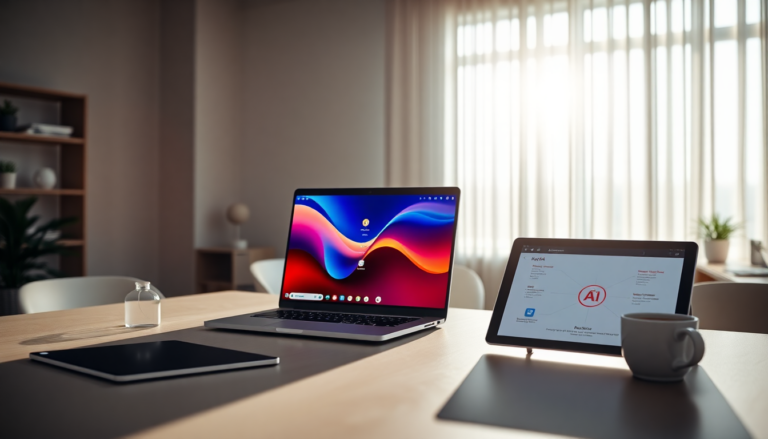Argomenti trattati
In a bold move, Opera is bringing back Opera Neon, its experimental browser concept from 2017, this time infused with a game-changing feature: agentic AI. This innovative assistant is designed to tackle tasks autonomously, promising a browsing experience that goes beyond traditional expectations. Users will be able to chat with this local AI assistant, giving it commands to execute various functions while also utilizing a remote server for more complex tasks, creating a unique intersection of local and cloud computing.
The evolution of Opera Neon
Originally launched in 2017, Opera Neon dared to rethink what a browser could be, introducing striking visual elements like icon-based navigation instead of standard text bookmarks and vertical tabs that adapted to user behavior. While it was a bold concept, it ultimately did not capture widespread attention. Fast forward to today, and the revival of Opera Neon arrives just as The Browser Company has pulled the plug on its Arc browser, which also featured vertical tabs. This timing suggests a growing interest in reimagining how we interact with the web, and Opera appears ready to seize the moment.
What sets Opera Neon apart
Opera’s vision for Neon includes a cloud computer that adapts to user preferences, creating a personalized browsing experience. The browser’s local AI will not only assist in navigating the web but will also analyze web pages more efficiently than some competitors, using the Document Object Model (DOM) for deeper insights rather than relying solely on optical character recognition (OCR). This means that everything the AI processes will remain private, stored locally on your device, which is a significant consideration for security-conscious users.
Agentic AI: the game changer
The core innovation of Opera Neon lies in its agentic AI technology. This feature is designed not just to assist but to operate independently, learning from user interactions. The concept of having a virtual assistant that can understand and execute tasks could redefine the browsing experience. However, the real question remains: how reliable will this technology be? Users are often skeptical of AI capabilities, given the mixed track record of companies in delivering on their promises. Opera acknowledges this challenge, emphasizing the need for users to trust the system.
How will it work?
Opera describes its cloud computer as an orchestrator that understands user needs and coordinates tasks among various AI agents. This could mean that if you have an idea for a project, the AI could help turn that concept into reality by handling the coding and implementation. For tech enthusiasts, the prospect of creating custom applications or games with ease is tantalizing. However, one must consider whether the pricing model, which involves a subscription and a waitlist for potential users, will align with the value provided.
Potential pitfalls and future implications
While the promises of Opera Neon sound impressive, it’s essential to approach these advancements with a healthy dose of skepticism. The tech industry is rife with examples of overhyped products that failed to deliver. Users must weigh the benefits of such a tool against the inherent risks of new technology. Will the ability to create unique applications or customize experiences justify the cost? Only time will tell how well Opera Neon will resonate with its audience.
As the tech landscape continues to evolve, Opera’s attempt to integrate agentic AI into a browser raises important questions about the future of web interaction. The idea of a browser that learns and adapts is revolutionary, yet its success will depend on user acceptance and the actual performance of the technology. The journey of Opera Neon is just beginning, and its impact on the way we browse could be significant.

